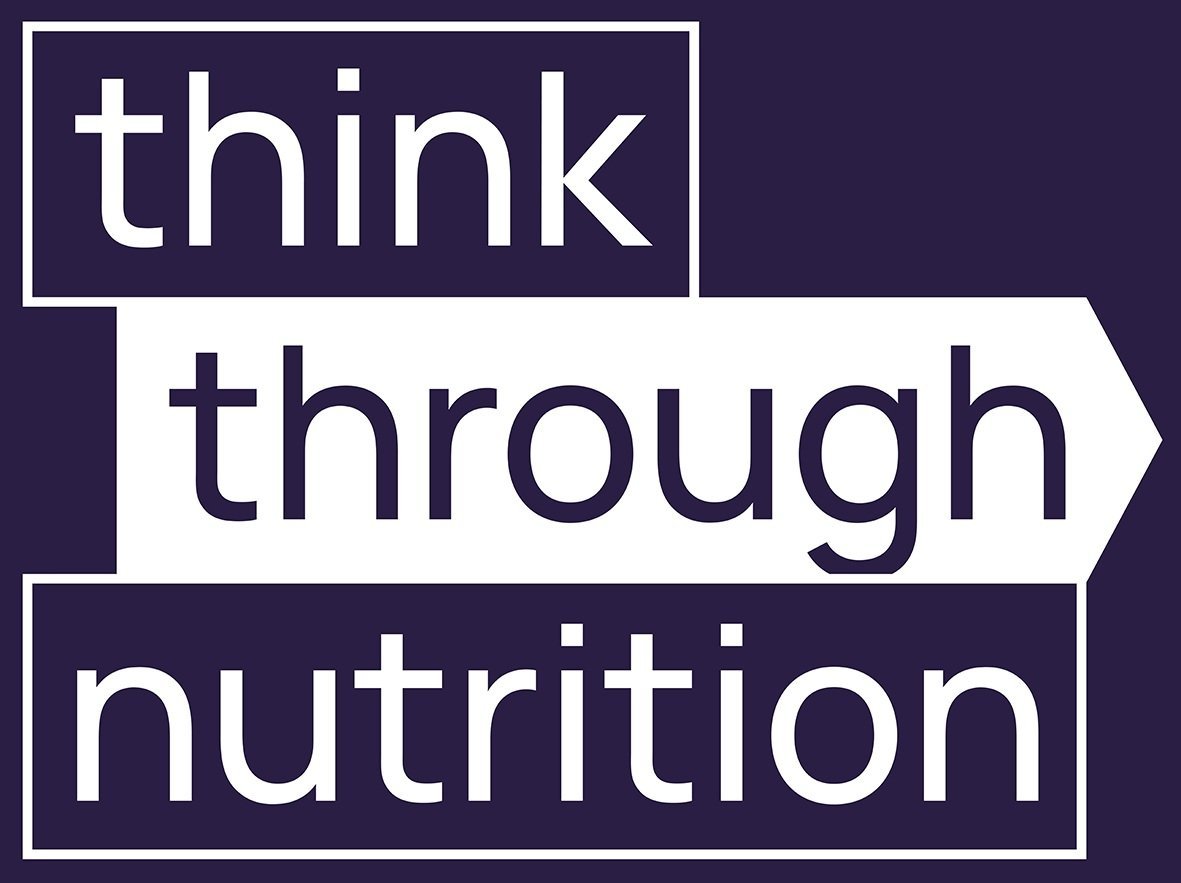Vegan diets in young children remodels metabolism and challenges the statuses of essential nutrients
Publication date
20 January 2021
Authors
Topi Hovinen
Liisa Korkalo
Riitta Freese
Essi Skaffari
Pirjo Isohanni
Mikko Niemi
Jaakko Nevalainen
Helena Gylling
Nicola Zamboni
Maijaliisa Erkkola
Anu Suomalainen
The Publication
Veganism is increasing in popularity each year, and more people than ever are adopting a plant-based diet. The motivations behind veganism are varied, including ecological, ethical, and religious beliefs. However, claims that a plant-based diet is always healthier are controversial. The metabolic and nutrient consequences of a vegan diet in children is unknown and poses a serious health question.
This study looked at 40 children, with a median age of 3.5 years, who adopted a variety of different diets: vegan, vegetarian, or omnivore. Analysis of metabolites and relevant biomarkers indicated that whilst children who adopted a vegan diet showed low cholesterol which could provide benefits, they also showed low levels of vitamins A and D when compared to those on an omnivorous diet.
Notably, low cholesterol in children (when compared to adults) may not actually be beneficial to health, as it is essential for cellular growth and the development of membranes, hormones, bile acids and brain myelin. In the vegan diet low intake of the essential fatty acids EPA and DHA were also found, which, in conjunction with low vitamin A levels, is a concern for brain development and visual health in children.
Overall, the study showed key metabolic differences between children adopting a vegan diet versus those with an omnivorous diet. Further research is warranted before vegan diets can be confidently recommended in infants and young children.
Our Response
It is known that diet markedly affects the metabolism of young children, and of particular interest to TTN is the profound effect veganism has on their omega 3 status. A deficiency of omega 3 in early life is a major concern for children, as it is the stage of development when key structures in their brain, which require omega 3s to develop properly, are most sensitive to deficiencies.

